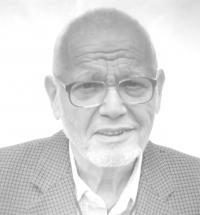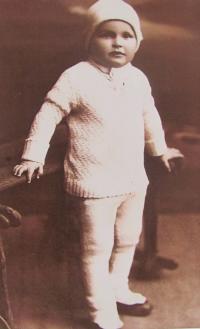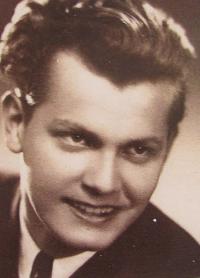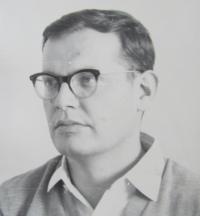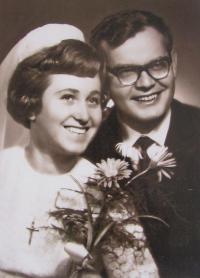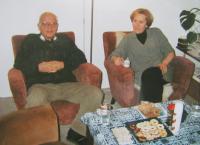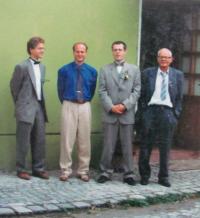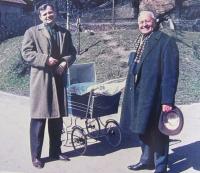Human work ought to lead towards something positive

Download image
Emil Paleček, a professor, was born in Žabovřesky in Brno on 3 October, 1930. As a boy he experienced the terrors of shooting in Kounic dormitory and bombing of Brno during WW2. Originally he studied a commerce academy and was interested in the foreigh trade. He got to study chemistry only later at the Faculty of Natural Science in Brno. He was truly keen in biochemistry, which is the area he is a respected specialist today. In 2014 he won a prestigious scientific award in the Czech Republic called the Czech Head. Already in 1950s he proved efficacy of oscillographic polarography in the field of discovering human DNA. Although his work became world respected back then, the totalitarian regime refused to let him travel abroad. When he managed to fly to USA in 1962, he was considered a spy after his return and monitored by the secret police. The consequences of his foreign journey and also his marriage with a daughter of a political prisoner had a negative impact on his carrier also during normalisation in 1968. Emil Paleček is married with three children and has been working in the Institute of Biophysics of the Czech Academy of Science until today. Emil Paleček died in 30 October 2018.
